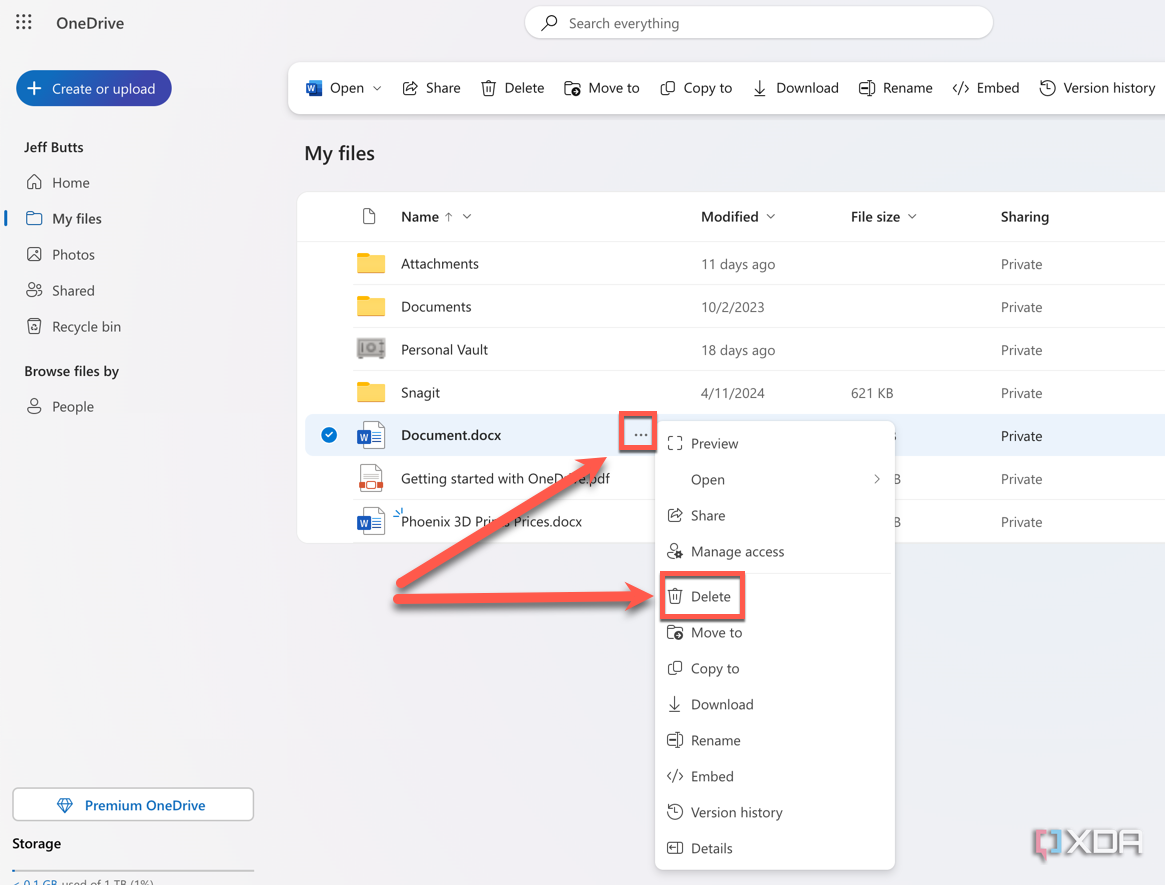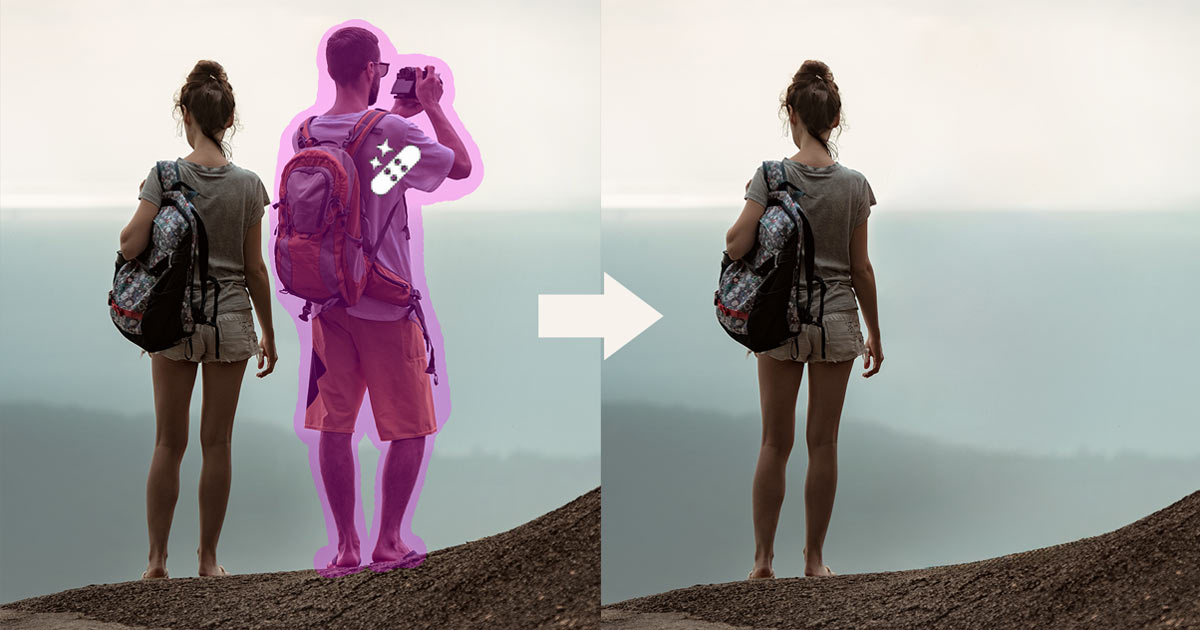How To Delete Stuff Out Of Pictures

The digital age has ushered in unprecedented control over our visual content, empowering users to refine and manipulate images with increasing precision. One of the most sought-after techniques is the ability to remove unwanted elements from photographs, ranging from stray objects to distracting blemishes.
This capability, once confined to professional photo editors, is now accessible to a wider audience through user-friendly software and mobile applications. But how exactly does one achieve this seemingly magical feat of digital erasure, and what are the tools and techniques involved?
The Essentials of Image Editing Software
The core of removing elements from photos lies within image editing software. Adobe Photoshop remains the industry standard, offering a robust suite of tools for complex and nuanced edits.
However, alternatives like GIMP (a free, open-source option) and Affinity Photo provide powerful features at more accessible price points. These programs generally offer a variety of tools specifically designed for removing unwanted content.
The Healing Brush and Clone Stamp Tools
The Healing Brush is a common tool, particularly useful for removing blemishes or small imperfections. It works by sampling pixels from a nearby area of the image and blending them seamlessly over the unwanted element.
The Clone Stamp tool functions similarly, allowing users to manually select a source area and "paint" it over the target area. The clone stamp offers more control but requires a careful eye to avoid creating noticeable patterns or artifacts.
Both tools rely on the user's ability to select appropriate source areas that match the texture, color, and lighting of the surrounding area. Proper feathering of the edges of the tool is also crucial for a smooth and natural-looking result.
Content-Aware Fill: AI to the Rescue
More advanced software, like newer versions of Photoshop, feature Content-Aware Fill. This tool employs artificial intelligence to analyze the surrounding pixels and automatically generate content to fill the selected area.
It attempts to predict what the missing area should look like based on the existing image, often producing surprisingly realistic results. While not always perfect, Content-Aware Fill can significantly speed up the editing process, especially for removing larger objects.
"The key to effective removal is careful selection and blending," explains Sarah Chen, a professional photographer. "Rushing the process will often lead to visible seams and unrealistic textures."
Mobile Applications for On-the-Go Editing
The ability to remove unwanted elements isn't limited to desktop software. A plethora of mobile applications offer similar functionalities, allowing users to edit photos directly on their smartphones or tablets.
Apps like Snapseed (developed by Google), TouchRetouch, and Pixelmator Photo provide user-friendly interfaces and a range of tools for removing unwanted objects.
These apps often utilize simplified versions of the Healing Brush and Clone Stamp tools, as well as AI-powered content-aware features. They are particularly useful for quick edits and social media content creation.
Considerations for Ethical Use
While the ability to manipulate images offers creative possibilities, it also raises ethical considerations. Removing elements from photos can be used to misrepresent reality or create false narratives.
It's crucial to be mindful of the potential impact of altered images, especially in journalistic or documentary contexts. Transparency about image manipulation is essential for maintaining trust and credibility.
Furthermore, altering images without permission can infringe on copyright or privacy rights. It's important to respect the rights of others and avoid using image editing tools in a way that could cause harm.
Mastering the art of removing elements from photos requires practice and patience. By understanding the tools available and approaching the editing process with care, anyone can achieve professional-looking results.
However, with great power comes great responsibility. Ethical considerations must always be at the forefront when manipulating images to ensure that visual content remains a reliable reflection of reality.


















